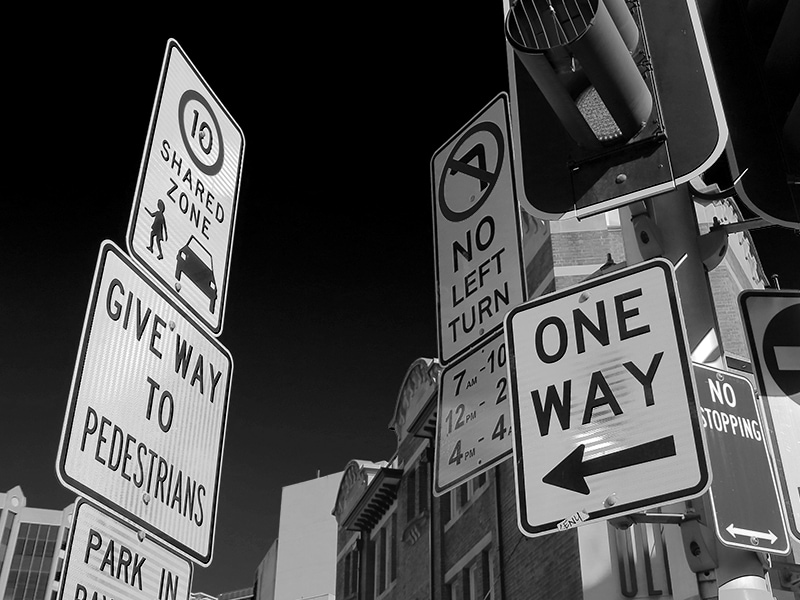30 Jun Extended Joint Criminal Enterprise – Developments
I have previously written on this site about the legal concept of extended joint criminal enterprise. In order to understand this bulletin you may need to read the earlier bulletin explaining the concept of extended joint criminal enterprise.
Since writing the original bulletin there have been some further developments internationally in the law of extended joint criminal enterprise.
The highest court in certain parts of the British Commonwealth has ruled that the concept no longer applies in those parts of the British Commonwealth where its decisions are still binding on lower courts.
In order to understand this development you need to understand some Australian legal history.
At Australian Federation, the highest court that an Australian could appeal to was the Privy Council, which sat in the United Kingdom and heard appeals from all over the British Empire. Its decisions, at the time, were binding on all British Dominions.
The legal concept of extended joint criminal enterprise was developed under this system and applied in Australia as a result of decisions of the Privy Council.
However, since that time the Australian Parliament has abolished the option of appealing to the Privy Council. The High Court of Australia is now the highest court that can decide issues of Australian Law. The decisions of the Privy Council are no longer binding on Australian Courts, but they are still binding on some other countries in the British Commonwealth.
In February 2016, The Privy Council, which was also sitting as the United Kingdom Supreme Court (the same court, but for matters which originate in the United Kingdom) handed down the decision of R v Jogee; Ruddock v the Queen.
In that decision, the Court held the mere foresight of a person, with whom you are engaged in a criminal enterprise, committing a different offence is not sufficient to make you guilty of that different offence. What must be shown is that you authorised or encouraged the commission of that different offence before you can be found guilty of it.
The Court essentially abolished the concept of extended joint enterprise in the United Kingdom and in those countries where the Court’s decision is binding. The decision is not binding on Australian Courts and extended joint enterprise remains part of Australian law, at least for now.
On 10 and 11 May 2016, the High Court of Australia heard arguments in the matter of Miller v The Queen; Smith v The Queen; Pressly v the Director of Public Prosecution for South Australia. The Court was asked in that matter to adopt the reasoning of the Privy Council and abolish the concept of extended joint criminal enterprise as part of Australian criminal law.
The High Court is yet to deliver its decision, and whether entended joint enterprise remains part of the common law of Australia remains to be seen.
Impeccable Reputation
Lawyers specialising in traffic and criminal law, Mangan Ey & Associates stands head and shoulders above Adelaide law firms.
35+ Years Experience
With over 35+ years’ experience, we’ll handle your matter with care, discretion and professionalism in a cost effective and no-nonsense manner.
Award Winning Criminal Lawyers
Our professional legal team has years of experience providing Adelaide locals with dedicated legal service.




